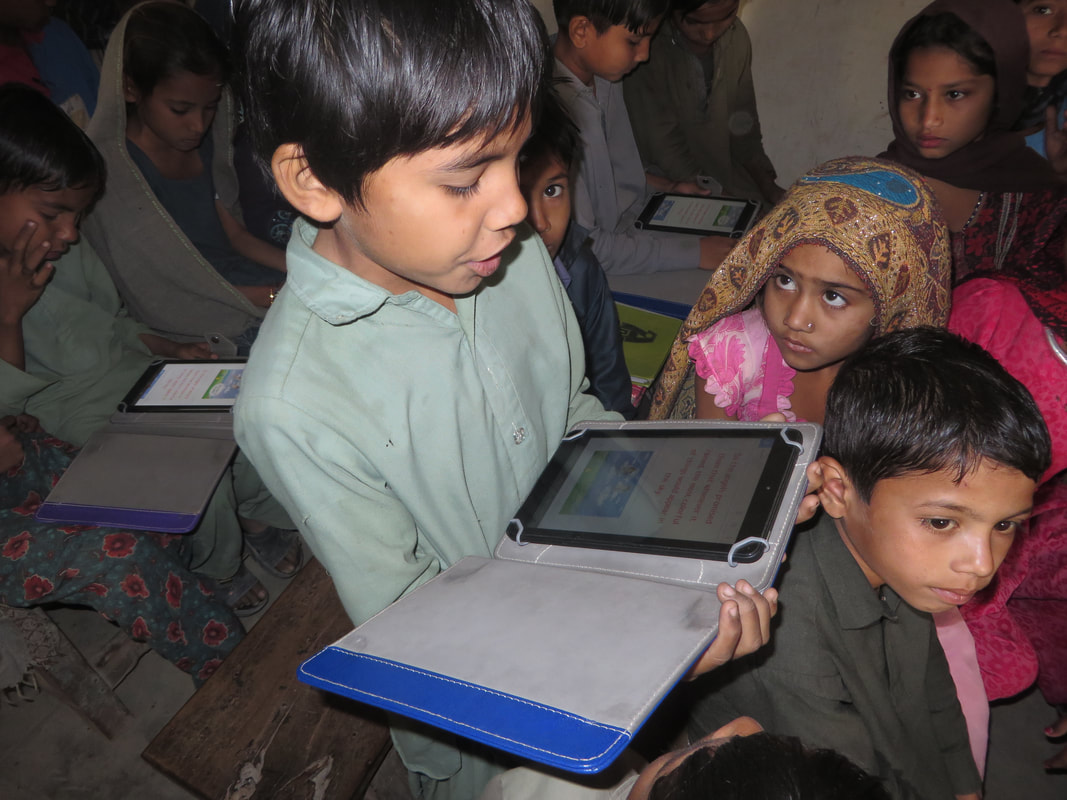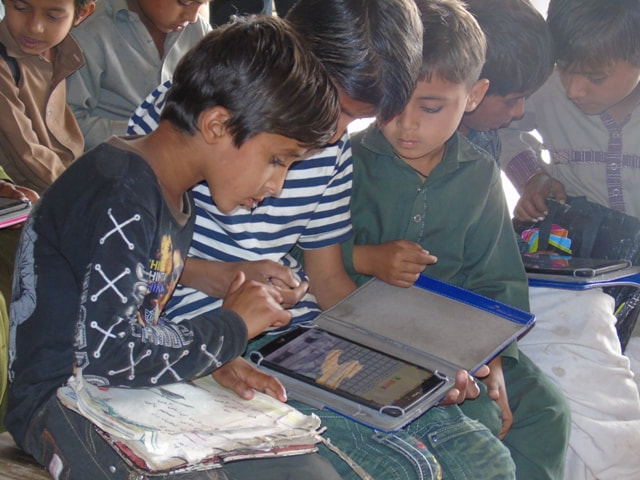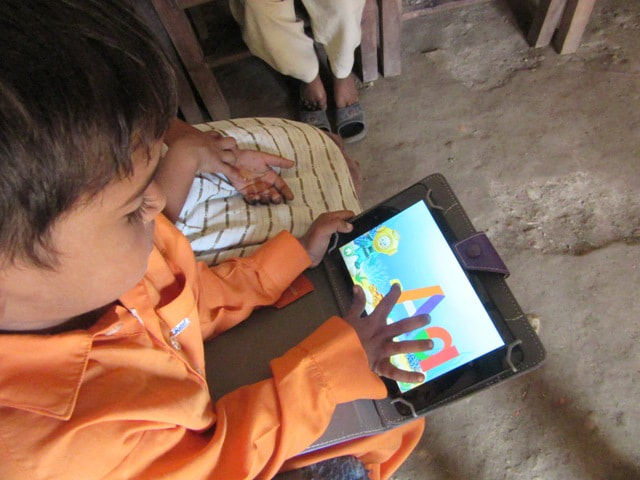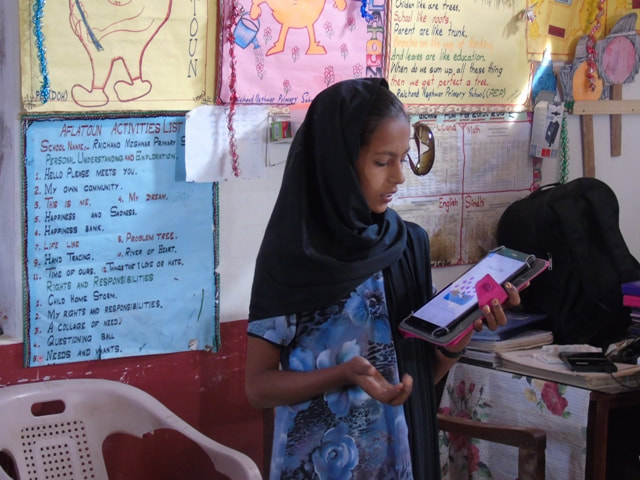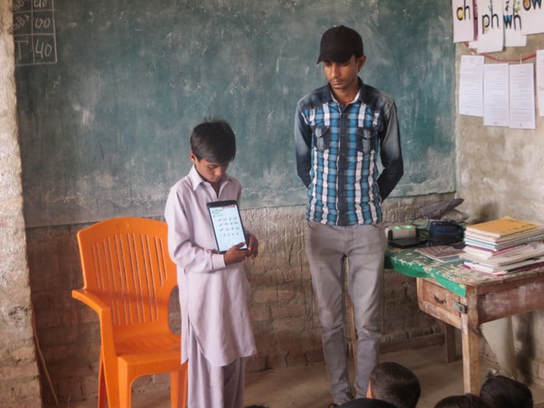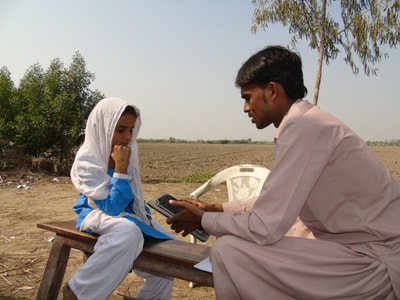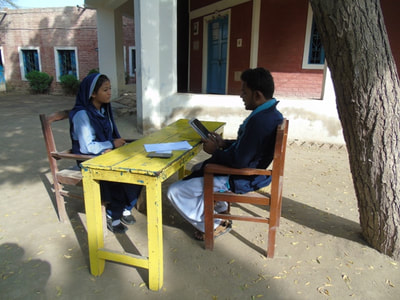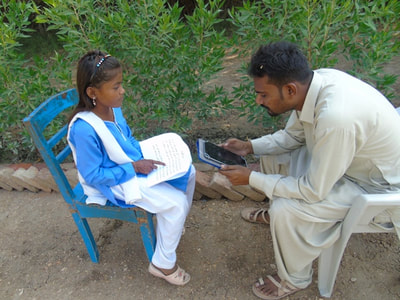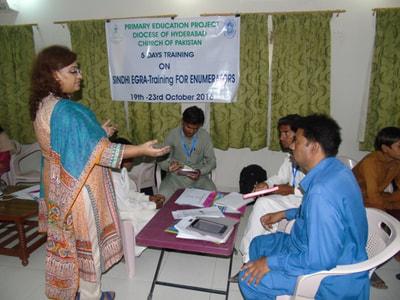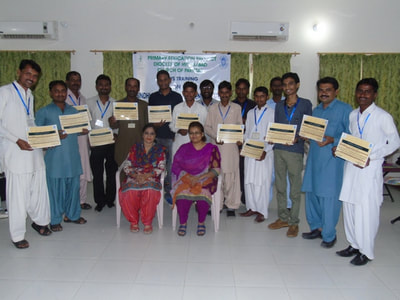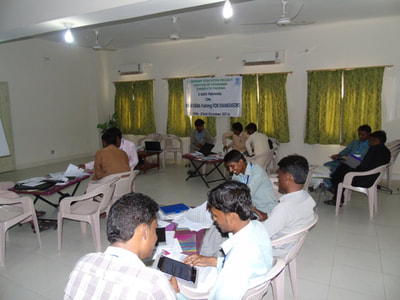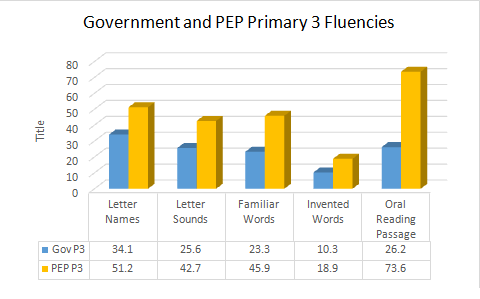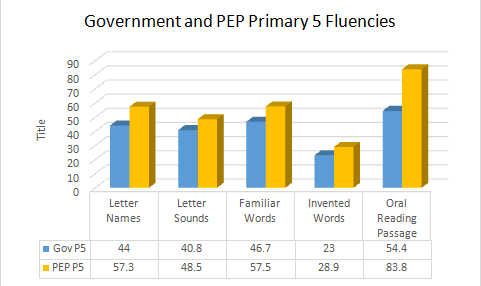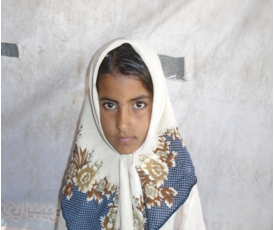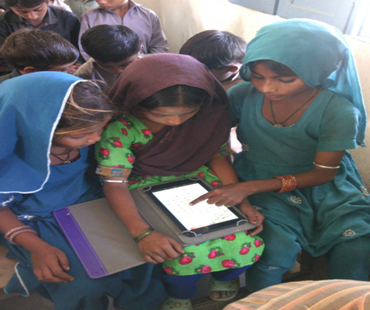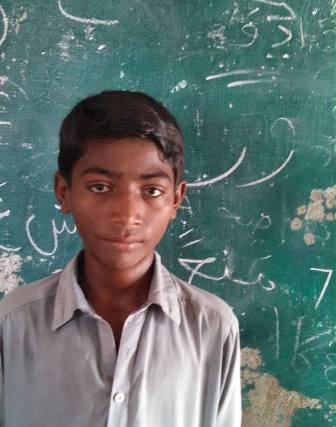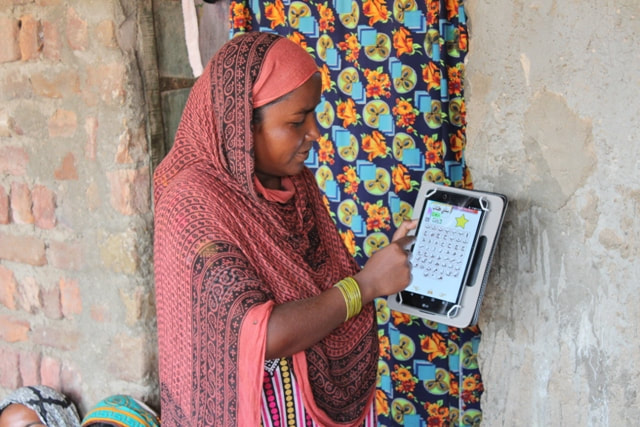E-learning in village schools
In 2015, an initiative began to provide children with Android tablets in rural Sindh. This initiative was led by Sir Jonathan Mitchell from Concentric Development who chose schools in remote areas to integrate E-learning as part of the school curriculum. The pilot phase also involved Khipro and Tando Ghullam Ali as they are remote and vulnerable areas.
The PEP schools in these areas had an opportunity to introduce technology to the children as it was first time that they were using technology through android tablets.
David Weekly Foundation worked in partnership with PEP in the process of providing the Android Tablets that were used in the PEP schools. Initially 20 tablets were provided that were used in a cluster of four schools having 60 children in each school spread across the 5 primary classes. Currently, 46 PEP schools are using android tablets as part of their curriculum.
The PEP schools in these areas had an opportunity to introduce technology to the children as it was first time that they were using technology through android tablets.
David Weekly Foundation worked in partnership with PEP in the process of providing the Android Tablets that were used in the PEP schools. Initially 20 tablets were provided that were used in a cluster of four schools having 60 children in each school spread across the 5 primary classes. Currently, 46 PEP schools are using android tablets as part of their curriculum.
Number of schools that have e-learning integration
tando ghullam ali 12 schools tando allahyar 8 schools
khowaja goth 9 schools mirpur khas 13 schools
khipro 4 schools
The impact of e-learning on rural children
During the pilot phase the android tablets were used to familiarize students with android devices, teach them to access web content through an android device, and improve literacy skills through reading and listening, especially in Sindhi, English and math.
The 1st assessment test i.e ASER test was conducted in the intervention and non- intervention schools. The results were remarkable and students were seen to have been making great progress. But the pilot phase was expanded and the android tablets were provided to 16 more PEP schools in rural Sindh. This phase was extended after the second assessment test was conducted, the EGRA Testing through a system called Tangerine. Tangerine is the first to be introduced in rural Sindh by Sir Jonathan Mitchell and the testing was done by a team of 5 PEP staff who had been trained by a specialist with Sindhi EGRA experience with the USAID-funded Pakistan Reading Project.
The 1st assessment test i.e ASER test was conducted in the intervention and non- intervention schools. The results were remarkable and students were seen to have been making great progress. But the pilot phase was expanded and the android tablets were provided to 16 more PEP schools in rural Sindh. This phase was extended after the second assessment test was conducted, the EGRA Testing through a system called Tangerine. Tangerine is the first to be introduced in rural Sindh by Sir Jonathan Mitchell and the testing was done by a team of 5 PEP staff who had been trained by a specialist with Sindhi EGRA experience with the USAID-funded Pakistan Reading Project.
the egra gallery
These are the 2 graphs that show the results of EGRA Test in PEP schools with the Government schools. While it was not the primary purpose to compare results with the Government, this is to share an idea to what extend the PEP schools are really benefiting from E-learning.
Picture 1 Picture 2
What students have to say about their experience with android tablets
|
Nisa from Haji Bheero Sand School, Khipro: It was difficult for me to pronounce words in Sindhi and English, and I was slow in math, but E-learning has helped me to improve my math skills and I have learnt Sindhi sounds,word building and English Pronunciations, and my reading skills have improved too. I have even started to speak a bit of English now.
|
|
Bharu Thakur School (TGA): - Due to integrating E-learning in the school curriculum students enrollment has increased. - Students are more confident using the android tablet. (i.e they have freedom to explore the apps and functions of the tablet, and they get to use it frequently so they are familiar with the device). |
|
Name of student: Lalchand, from Menghwar Primary School, Mirpurkhas. My elder brother had bought a smart phone for himself. But he didn't really know how to use the phone to its full potential. He only used it for phone calls. Since I am learning how to use an android tablet in PEP school I have learnt how to use the phone with it's features and apps. I was able to teach him what the functions were, and now he can call as well as text, make videos and take pictures. I feel distinguished because I am getting to learn something that I could never dream of. The things I am learning through E-learning has given me a new perspective about education. |
e-learning programme with rural women
(SMILE) has been extended in the most innovative way and rural women now have the opportunity to learn about the new technology through using android tablets. One of the Female Adult Literacy (FAL) group in Khowaja Goth, Tando Allahyar and Mirpur Khas currently have E-learning integrated in the adult literacy curriculum.
In Khowaja Goth the FAL group shared some wonderful comments about their experience using an android tablet.
"The Android Tablet teaches with sounds which is one the interesting thing about using this technology. If we pronounce a word incorrectly, the tablet will catch that and produce the correct pronunciation or sound."
Our expectations: We had no idea that a person can learn almost everything form an Android Tablet. We thought the Android tablet is only shown to us to know what it is, but understanding that we will continue it as a part of our course makes us feel fortunate and happy.
Being able to learn from an Android Tablet is a huge opportunity for women like us because a few years back, unlike the educated we were not even able to hold a pencil. And now having this opportunity has made us believe in ourselves and the people in our village look at us in a very respectful way.
In rural Sindh, women are mostly considered as weaker gender, and having less to no rights which is why women are deprived of their freedom. The purpose of providing such opportunities to rural women in Sindh is to empower them and making them believe that they too have a significant purpose in the growth of their society, and that they can use their abilities to bring change.

